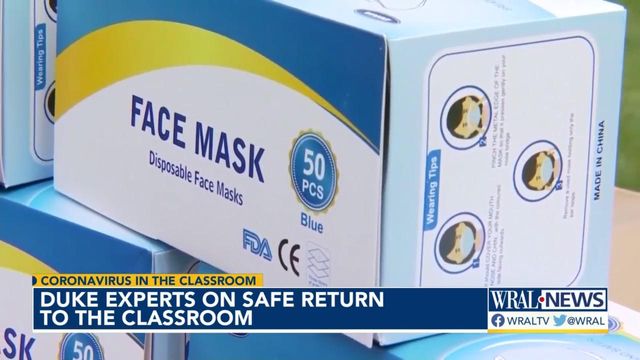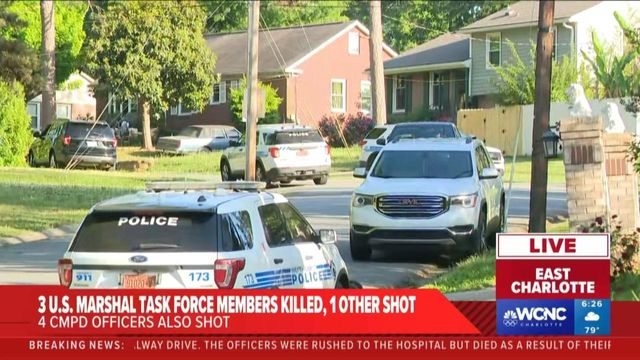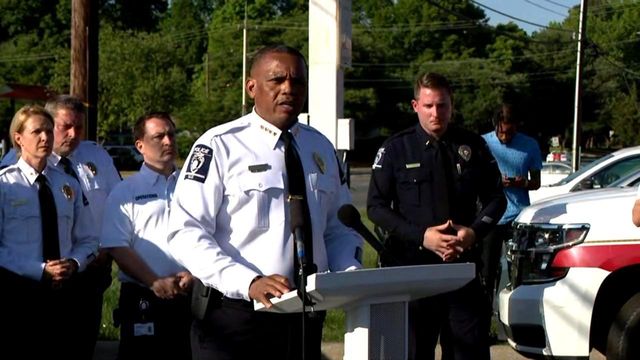Duke report to NC lawmakers: Masks, vaccines make full, in-person school safe
North Carolina schools successfully prevented COVID-19 outbreaks during full in-person learning this spring, according to Duke University research released Wednesday, and wearing masks was essential to that success.
Going forward, masks will remain essential to preventing the spread of COVID-19 in schools, particularly as younger children remain ineligible for vaccines and the highly transmissible Delta variant of the coronavirus spreads throughout the U.S., researchers said.
Because children younger than 12 require different dosages of COVID-19 vaccines, those vaccine trials will likely last longer than they did for teenagers, perhaps for several more months, said Dr. Danny Benjamin, a Duke professor of pediatrics.
With mask wearing in place, students who come into contact with an infected person, but who test negative for the virus, should be able to continue going to school without having to quarantine, researchers said. Viral spread isn’t big a risk if people are wearing masks, they said.
More than 40,000 people attending or working in schools had to quarantine during the 2020-21 school year, said Dr. Kanecia Obie Zimmerman, Duke associate professor of pediatrics.
“Yet, the benefit we’re seeing is nil,” Zimmerman said.
Research in other states on schools with and without mask requirements has shown this, she said. Current precautions mandated by the North Carolina Department of Health and Human Services include quarantine for those who had contact with an infected person.
The Duke researchers, known as the ABC Science Collaborative, launched specifically to study COVID-19 transmission, have spent the past school year conducting research on viral spread in North Carolina schools and have made recommendations along the way for how schools can safely operate.
On Wednesday, researchers released their final report, based on 10 to 12 weeks of most schools operating under minimal social distancing and full, in-person daily learning. The research received data from 100 school districts and 14 charter schools representing more than 864,000 students and about 161,000 staff.
The conclusion? Efforts to keep schools safe were a resounding success, they said.
Only 308 COVID-19 cases were transmitted at school to students, and 55 were transmitted at school to adults. That represents a secondary attack rate of less than 1%, of all people quarantined who later acquired COVID-19.
“With the option of either masking or vaccinating, the school environment should be a safe environment,” Benjamin said.
While the Delta variant of the novel coronavirus is more transmissible than the original virus, Benjamin said vaccines should remain effective against it. Without vaccines, masks should still be sufficient, he said.
If Benjamin were in a school setting where the majority of the people in the building are not vaccinated and not masked, he said, “then I can anticipate, with the Delta variant, a pretty substantial increase in transmission.”
Athletics, which researchers said were safe this past year, likely has a higher transmission rate than in classrooms, researchers said. But the level of distancing in classrooms and buses makes no difference when students are wearing masks, they said, so both should operate at full capacity.
“The risk of death from acquiring COVID and dying from it in North Carolina this past year was less than the risk of riding to school in your parents’ automobile,” Benjamin said. “So, we can effectively prevent morbidity and mortality from this disease. Full stop. We have that capability.”












